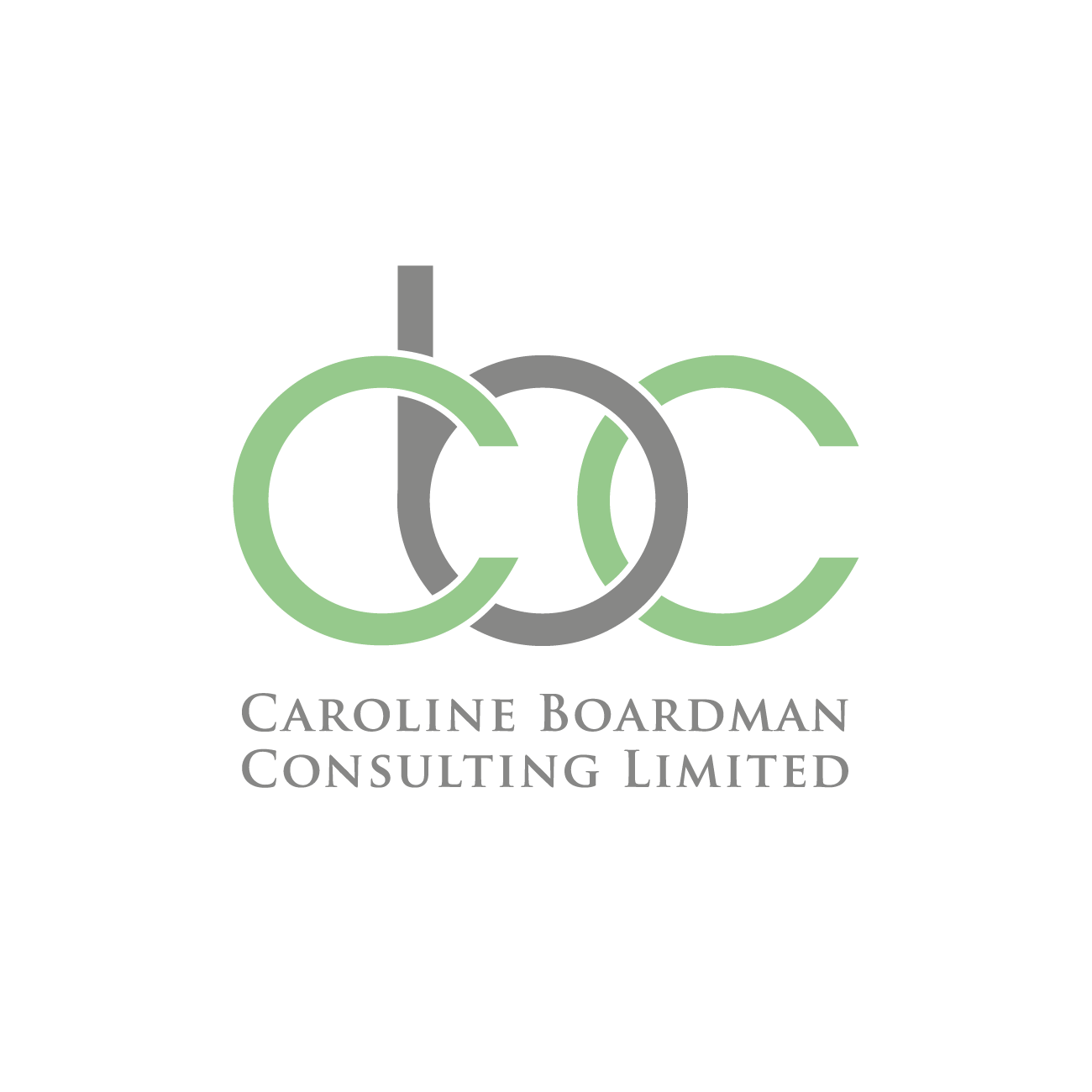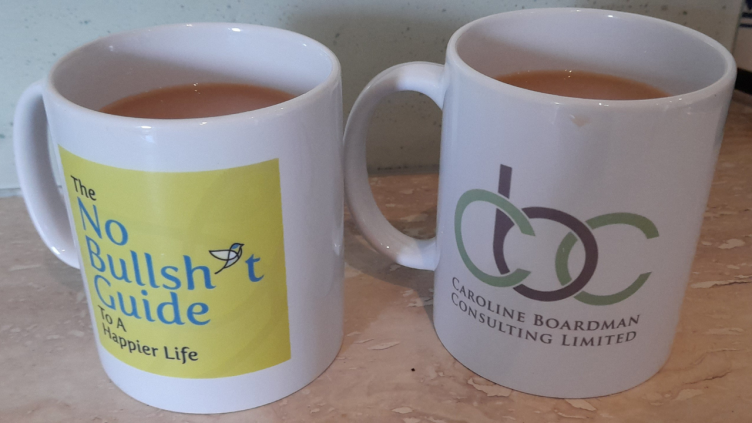9 things that catch out the newly self-employed
I’ve been talking to a lot of new business owners recently at various online networking events, on social media and while presenting as the finance expert in other female founders groups. There are common questions that come up repeatedly, or common stories of where people went wrong when they first started out. Read on to avoid falling into these traps yourself.
1. Not registering in time to file your tax return.
You have ages to register but best to just get it done ASAP after you start trading (as a sole trader). You have to register by 5th October in the tax year after you start trading. So if you started on 15th January 2021 you must register by 5th October 2021. If you started 15th April 2021 you must register by 5th October 2022.
Here is the link: Register for Self Assessment – GOV.UK
2. Not knowing about the dreaded payment on account (POA).
If your tax bill is under £1,000, your bill is your bill. If you owe HMRC more than £1k then they will want you to pay another 50% in advance for next year and the next 50% by 31st July! This is a real hit and a shock in the first year of business for some. Fellow accountant and friend, Claire Jones of Loud and Clear accounting explains this in detail here:
https://www.loudandclearaccounting.co.uk/blog/post/5204/What-is-a-payment-on-account/
3. Not saving for your tax bill.
I have seen this so many times. A sole trader does really well in their first year, is loving life then realises they have no money to pay their dreaded tax bill. This can be easily avoided. Don’t bury your head in the sand. Don’t spend everything you earn and worry about the tax bill later.
My advice is to transfer at least 15% of everything your earn into a savings account for tax (Starling spaces or Mettle pots are great for this. You can hide it away not to be touched).
4. Forgetting about NI.
Yes the tax free allowance is £12.5k but don’t forget about NI! If you’re self-employed you pay Class 2 and Class 4 National Insurance, depending on your profits. You may be able to pay voluntary contributions to avoid gaps in your national insurance record. You can speak to HMRC about this if you need to. The number for NI general enquiries is 0300 200 3500.
5. Not knowing about penalty fines and interest.
If you have registered to file a return, HMRC will expect one even if you haven’t earned enough to pay tax. File it! And on time. HM Revenue and Customs (HMRC) must receive your tax return and any money you owe by the deadline. The last tax year started on 6 April 2020 and ended on 5 April 2021. If you’re self-employed or a sole trader you must register by 5 October 2021. Your online tax return and tax payment for the tax year must be filed and paid by 31st January 2022. There’s a second payment deadline of 31 July if you make advance payments towards your bill (POA).
You’ll usually pay a penalty if you’re late. You’ll get a penalty if you need to send a tax return and you miss the deadline for submitting it or paying your bill.
You’ll pay a late filing penalty of £100 if your tax return is up to 3 months late. You’ll have to pay more if it’s later, or if you pay your tax bill late. You’ll also be charged interest on late payments.
You can estimate your penalty for Self Assessment tax returns more than 3 months late, and late payments.
Just get it done, don’t pay HMRC more than you have to. It isn’t worth the stress.
6. Using software without any expert help.
If you use accounting software without having an accountant’s help or without any training on it, you could be underpaying or overpaying tax. Many times I have seen expenses posted to Balance Sheet codes and assets and liabilities posted to the Profit and Loss account. This could lead to your tax bill being incorrect. If you look after your own bookkeeping and do your own tax return using online software, I would advise either going to some training and / or getting an accountant to look over it for you before you submit.
7. Not understanding the VAT rules.
If your sales income over the previous 12 month is £85k + then you need to register for VAT. This is a rolling 12 months and nothing to do with the tax year or your financial year. For more details on this, see my article… 5 Things to Consider if You’re Approaching the VAT Threshold.
8. Treating HMRC payments made as a tax deductible expense.
I’m sorry to be the bearer of bad news but HMRC self assessment tax payments are personal payments. Yep, you have to pay the tax yourself. It’s “drawings” I’m afraid. It isn’t a tax deductible expense.
9. Not claiming simplified expenses (use of home, mileage).
Simplified expenses are a way of calculating some of your business expenses using flat rates instead of working out your actual business costs.
You can calculate your vehicle expenses using a flat rate for mileage instead of the actual costs of buying and running your vehicle, for example insurance, repairs, servicing, fuel. You can use simplified expenses for cars, vans or motorcycles. For cars and vans the first 10,000 miles can be claimed at 45p per mile and 25p thereafter. You can claim 24p per mile for motorcycles. You can calculate your allowable expenses using a flat rate based on the hours you work from home each month. This means you do not have to work out the proportion of personal and business use for your home, for example how much of your utility bills are for business. The flat rate does not include telephone or internet expenses.
You can claim the business proportion of these bills by working out the actual costs. You can only use simplified expenses if you work for 25 hours or more a month from home. If you work from home between 25 and 50 hours per month, you can claim £10 per month, 51 to 100 hours £18 per month and 101 and more, you can claim £26 per month, You do not have to use simplified expenses. You can decide if it suits your business.
Use the simplified expenses checker to compare what you can claim using simplified expenses with what you can claim by working out the actual costs. This will help you work out if simplified expenses suits your business.
If you want to have a chat about any of this, you can book a one off 1:1 with me via my website Book an appointment – Caroline Boardman Consulting or send me an email if you would like to be added to my client waiting list which opens up every September and March: info@carolineboardmanconsulting.co.uk



